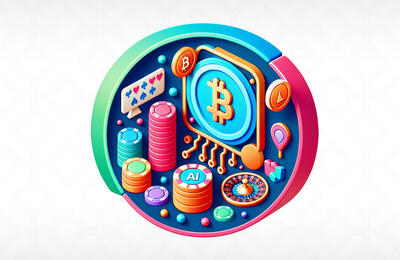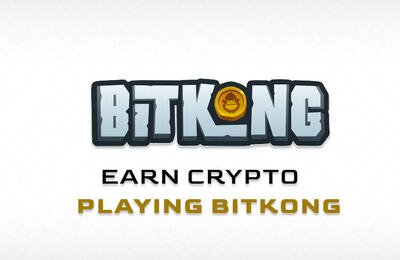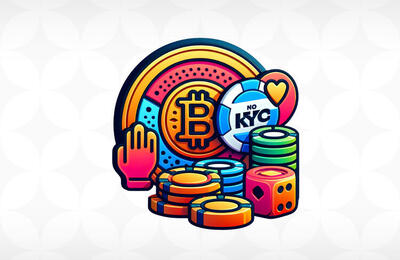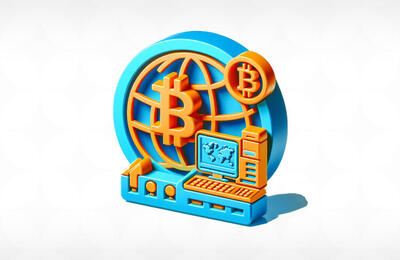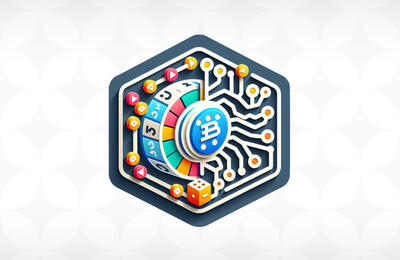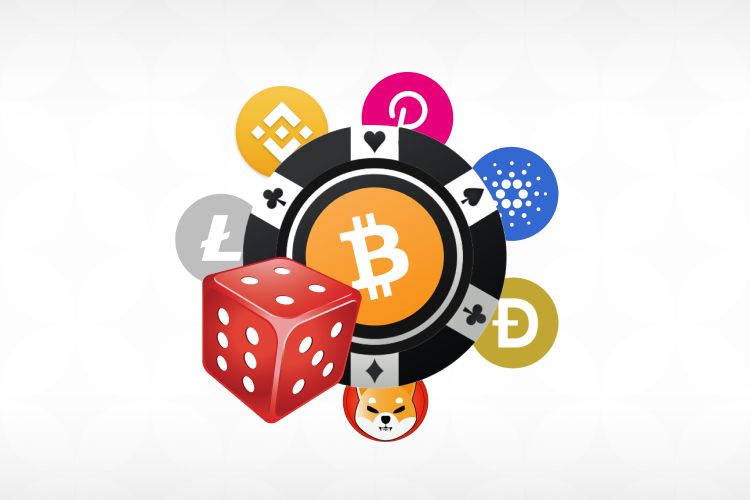
In the digital realm's fast-paced evolution, altcoins have made an indelible mark. From more well-known entities like Ethereum and Litecoin to emerging players like Cardano and Chainlink, these digital currencies are not merely alternatives to Bitcoin but pillars in their own right.
As they mature and gain widespread acceptance, they've also found a compatible partner in the online gambling world, ushering in an era of altcoin gambling.
1. Why Altcoin Gambling?
Growth of Digital Assets
Altcoins, with their decentralized essence and strong community backing, have shown remarkable growth and resilience in the face of market fluctuations. Their ability to bypass traditional financial structures, while also presenting transparent transactional methods, offers a refreshing alternative to standard online payment systems.
As more and more users turn to digital assets for a myriad of applications, online casinos and betting platforms have recognized the immense potential of integrating altcoin-based payment systems. This fusion of digital currencies and online gambling is not just timely but transformative, offering a streamlined user experience.
Enhanced Anonymity and Security
Traditional financial avenues, especially when intertwined with the world of online gambling, come with their fair share of privacy concerns. Altcoins, given their decentralized and often pseudonymous nature, can help gamblers maintain a layer of discretion.
The underlying technology, blockchain, is renowned for its stringent security measures. This ensures that every transaction, whether it involves depositing funds or withdrawing winnings, remains tamper-proof, giving players a sense of reliability and trustworthiness.
2. Opportunities for Real Money Players
Innovative Gaming Platforms
The acceptance of altcoins in the gambling world has fueled innovation in gaming platforms. These cryptocurrency-specific platforms offer games that often tap into the crypto culture, with features and rewards that resonate with a digital currency audience.
Furthermore, many of these platforms incorporate smart contract functionalities. This ensures transparency in games, allowing players to verify the fairness of game outcomes, providing an unparalleled trust level.
Flexible Banking Options
For players in regions with stringent financial restrictions or those lacking access to international banking facilities, altcoins provide an inclusive solution. With near-instantaneous transaction times and lower fees, players can indulge in their favorite games without the traditional financial barriers.
Additionally, the absence of intermediaries means players can expect quicker payouts, an aspect that's incredibly appealing to those who've faced extended waiting periods with traditional payment methods.
For those keen on exploring top-tier platforms for real money games, consider having a look at this insightful piece by the PSU Collegian on the best online casinos for real money games.
3. Risks and Considerations
Volatility
The digital currency market is known for its bouts of volatility. A winning that might seem substantial one day could diminish in value the next. This unpredictable nature adds another layer of risk to the gambling activity.
It's essential for players to keep in mind that while they might benefit from a surge in the altcoin's value, the opposite scenario can equally play out, affecting their bankrolls adversely.
Regulatory Uncertainties
The marriage of altcoins and gambling, both individually complex in terms of global regulations, can create a convoluted legal scenario for players. Each country's stance on altcoin gambling varies, with some embracing it, others placing restrictions, and many still undecided.
This fluidity means players need to be continuously informed, ensuring they remain on the right side of the law. Engaging in altcoin gambling without understanding one's local regulations can lead to complications ranging from asset seizures to legal penalties.
Technical Complexities
Engaging with altcoins requires a certain level of technological acumen. The need to manage digital wallets, safeguard private keys, and understand transaction processes can be daunting for the uninitiated.
It's also worth noting that mistakes in this realm, such as transferring funds to an incorrect wallet address, can lead to irreversible losses. As such, a thorough understanding and careful execution are paramount.
4. Tips for Navigating the Altcoin Gambling Landscape
Stay Updated
- Regulatory landscape: With the rapid evolution of both the cryptocurrency and gambling domains, regulations can change swiftly. It's imperative for players to stay updated with local guidelines.
- Coin volatility: Monitoring market trends and understanding the factors that influence altcoin values can offer players a strategic edge, helping them make informed gambling decisions.
Diversify Your Holdings
Instead of relying on a single altcoin, players can consider diversifying their holdings. By spreading their investments across various digital currencies, they can potentially offset losses in one with gains in another, providing a semblance of balance to their portfolios.
Prioritize Security
With rising interest in altcoin gambling, malicious actors are continually devising methods to exploit unsuspecting players. Ensuring the usage of reputed platforms, employing strong security measures, and regularly backing up critical data can help players safeguard their assets.
Conclusion
The realm of altcoin gambling is a testament to the adaptability and potential of the digital age. It intertwines the thrill of gambling with the innovation of cryptocurrencies, creating a dynamic playground for enthusiasts.
However, as with all innovations, it comes with its set of challenges. But with an informed approach, vigilance, and continuous learning, real money players can harness the opportunities this domain presents while mitigating its inherent risks.




